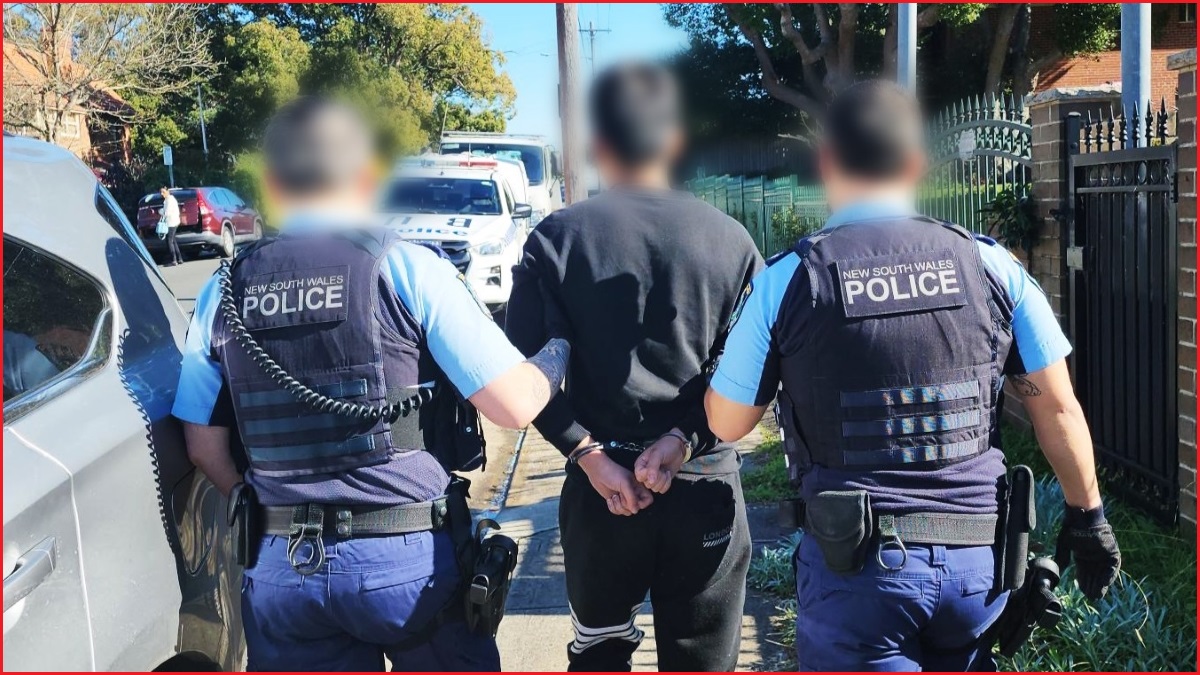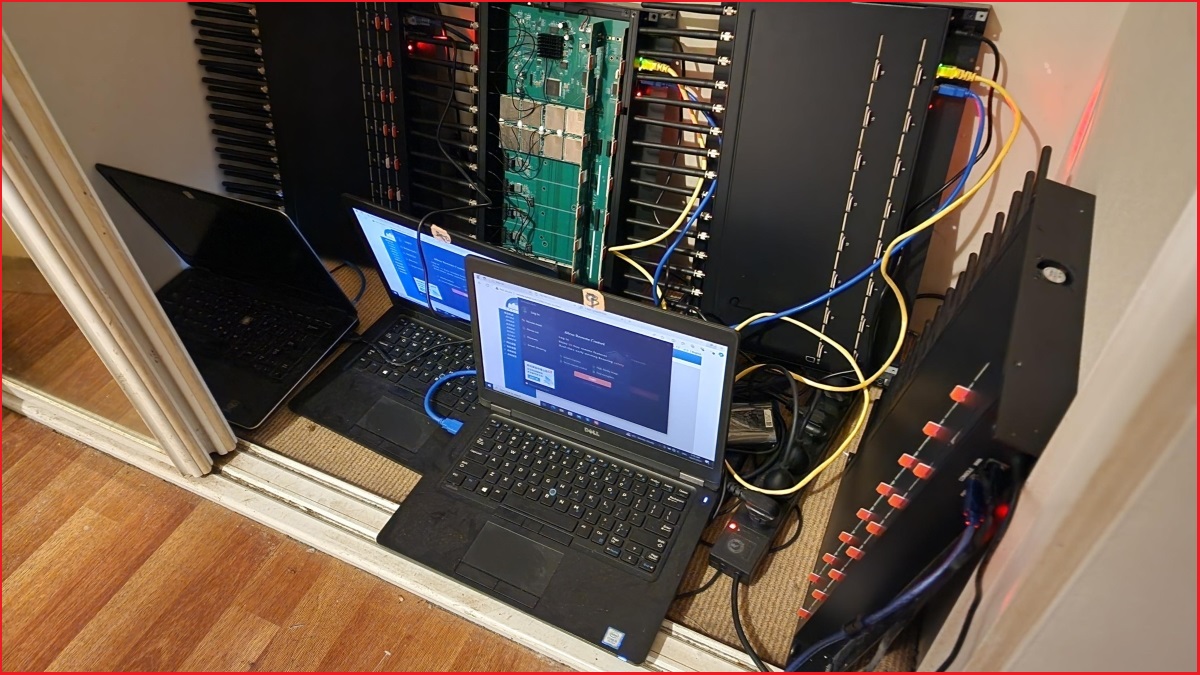Australian police have arrested six people as part of a nationwide crackdown on SIM box fraud.
SIM boxes are devices that can operate multiple SIM cards, and are typically used to route SMS messages or conduct voice calls through an internet connection.
While SIM boxes are not inherently malicious, the Australian Federal Police (AFP) is currently cracking down on an alleged bout of “large-scale SMS phishing attacks” enabled by the technology.
Last week, an investigation initiated by the NSW Police Force in March culminated in the discovery and seizure of nearly 30 SIM boxes related to alleged smishing attacks.
Smishing attacks are scams where misleading text messages are used to trick victims into sharing personal details or downloading malware.
By operating multiple SIM cards at once through a SIM box, scammers can send these scams en masse.
AFP detective superintendent Tim Stainton said if not for recent police action, the SIM boxes seized by Australian police had a combined potential to distribute “between four and six million fraudulent messages every day”.
“Criminals will send millions of deceptive text messages to Australian mobile users’ casting a wide net over the entire community in an attempt to trap and defraud as many victims as possible,” said Stainton.
Police arrest alleged scammers
The SIM boxes were largely seized during a recent “National Day of Action” co-ordinated by the Joint Policing Cybercrime Coordination Centre (JPC3).
On 18 July, members from the AFP, NSW Police, Western Australia Police Force, Tasmania Police, Queensland Police Service worked together to execute six search warrants across New South Wales and Victoria.
The searches in Victoria led to two arrests – a 32-year-old woman and a 29-year-old man – as well as the seizure of three 16-slot SIM boxes, nine mobile phones, three laptops, some stolen identity documents, and more than 500 SIM cards from a Melbourne address.
Police further located parts for SIM boxes, $25,000 in gift cards, two “luxury watches”, and a gel blaster (a costly recreational firearm) from a property in Doncaster.
Police allege the SIM boxes they found were used to send millions of messages to potential scam victims. Photo: AFP / Supplied
Both arrested Victorians were interviewed regarding offences of “using a telecommunications network with intention to commit a serious offence” and “dishonestly obtaining or dealing in personal financial information”.
Victoria Police detective superintendent Tim McKinney described the fraudulent use of SIM boxes as a “cowardly” offence which takes advantage of the trust community members have in legitimate business names.
“They rely on a handful of unsuspecting recipients clicking the link and inputting their details, and the consequences for those people can be devastating and life changing,” said McKinney.
“Alongside our partners, we will continue working to identify anyone in possession of a SIM box to ensure they are held to account.”
The remaining four arrests were conducted in New South Wales, three of which saw a 23-year-old man in Sydney, a 25-year-old man in Burwood and a 25-year-old man in Wolli Creek charged with separate offences.
During police searches in New South Wales, detectives seized some 26 SIM boxes, thousands of SIM cards, more than 500 mobile phones and gift cards, two luxury vehicles valued at $330,000, and $166,000 in cash.
Police say the crackdown aims to prevent large-scale SMS phishing attacks. Photo: AFP / Supplied
Matt Craft, detective superintendent and commander of the NSWPF’s cyber crime squad, said the 26 SIM boxes were used to send “over 318 million messages over the past several months” and scam victims out of “millions of dollars”.
“The results and success of today’s operation comes from the joint approach co-ordinated out of the JPC3. The power of law enforcement and private industry in joining forces to disrupt crime is considerable,” said Craft.
“People considering engaging in this type of behaviour should think twice, as there is truly a national focus on SIM boxes.”
Retailers asked to keep an eye out
Stainton warned Australians there is “virtually no legitimate reason” to keep a SIM box at home before encouraging a dob-in approach to catch would-be SMS scammers.
“We encourage anyone, whether you are a landlord conducting an inspection on a rental property or a guest visiting someone’s home, if you see a SIM box, report it to police,” said Stainton.
Most notably, Stainton called for those who work in retail to be weary of excessive SIM purchases, stating if “someone comes in buying hundreds of SIM cards or dozens of mobile phones” workers should report it to their management and police.
This latest spate of SIM arrests comes after a Sydney man was charged for allegedly sending 17.5 million scam texts under the guise of companies such as Australia Post and Linkt in December of last year.
“The AFP will not tolerate the exploitation of Australians, especially victims who have had their personal data stolen, and is working tirelessly with our law enforcement partners to eradicate the criminal exploitation of SIM boxes nationwide,” said Stainton.












